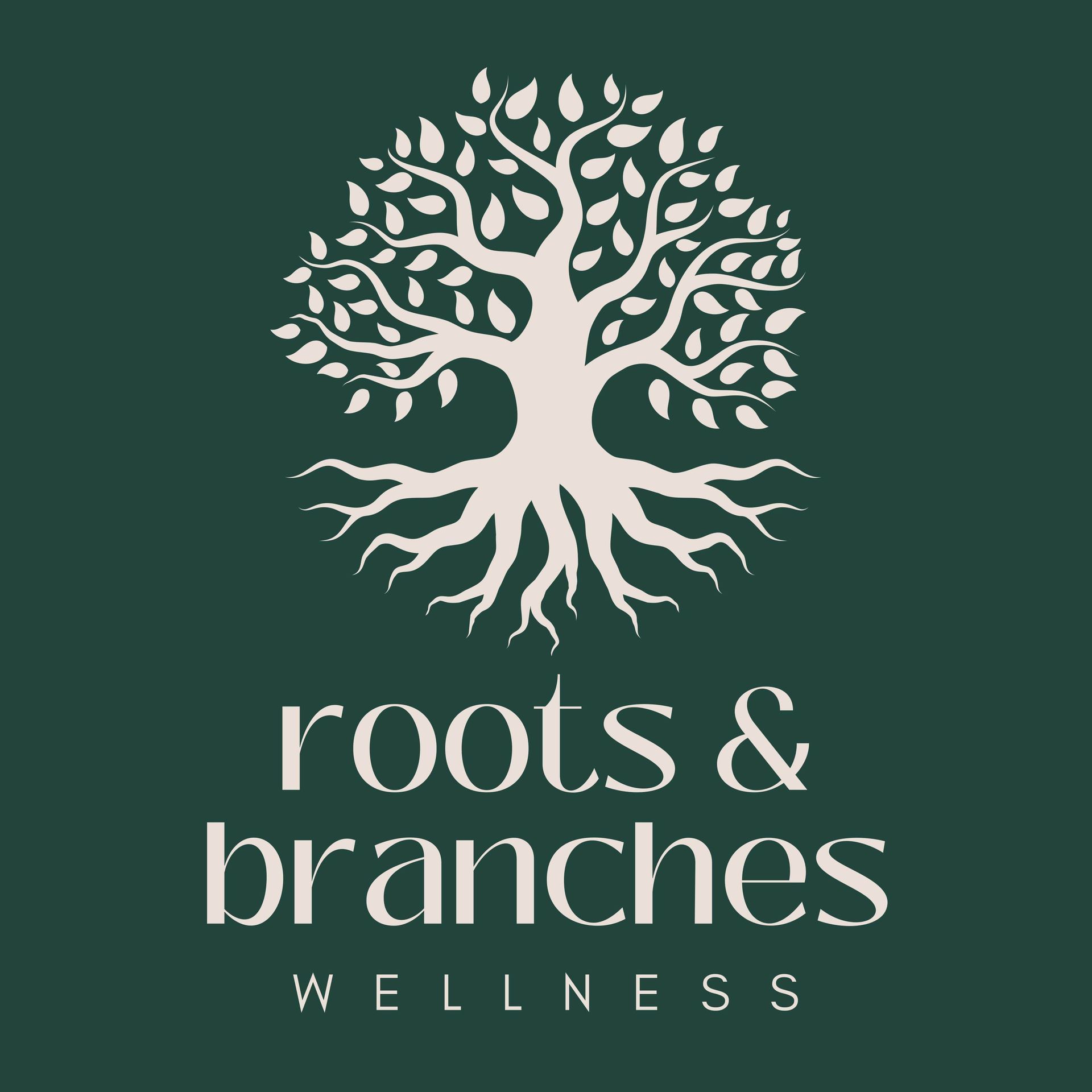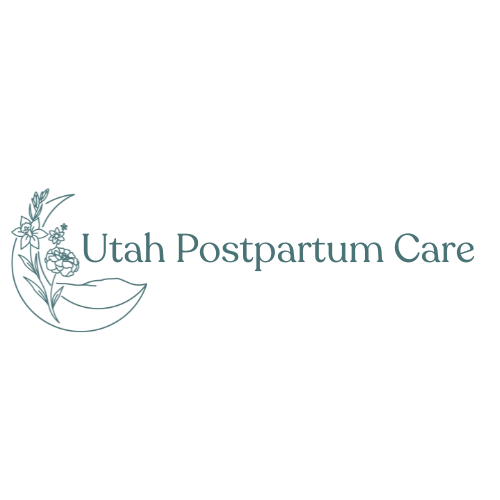Rounding Out Your Support Team: Perinatal Mental Health Therapists
Rounding Out Your Support Team: Perinatal Mental Health Therapists

When people ask how you're adjusting to life with a new baby, what do you actually tell them? Maybe you mention the sleep deprivation or joke about living in pajamas, but do you talk about the harder stuff? The days when bonding feels forced, when anxiety keeps you awake even when the baby is sleeping, or when you wonder if other parents got some manual you never received?
These experiences have names, and understanding them can help you figure out what kind of support might be helpful.
What Is Perinatal Mental Health?
More Than the Baby Blues
Perinatal mental health encompasses the emotional and psychological well-being of individuals during pregnancy and the first year after birth. It's much broader than the "baby blues" we often hear about—those tearful days in the first two weeks postpartum that affect up to 80% of new parents.
Common Conditions Include:
- Postpartum depression and prenatal depression
- Perinatal anxiety and postpartum OCD
- Postpartum psychosis (rare but serious)
- Birth trauma and related emotional challenges
- Bonding and attachment difficulties
The reality is that mental health issues are the most common complication of pregnancy and childbirth. Yet somehow, we still whisper about them in hushed tones or brush them off as "just part of being a new mom."
When Support Becomes Essential
Understanding your risk factors can help you prepare for the support you might need.
Risk Factors Include:
- Personal or family history of mental health issues: If you've experienced depression, anxiety, bipolar disorder, or other conditions before, pregnancy and postpartum can be especially vulnerable times.
- Past trauma, especially sexual trauma: The physical and emotional intensity of pregnancy, birth, and early motherhood can sometimes trigger old memories or emotions.
- Reproductive challenges: Infertility, pregnancy loss, or traumatic birth can create additional emotional complexity during what's often expected to be a joyful time.
- Relationship difficulties: Strain with your partner, family conflicts, or lack of support can significantly affect your mental health.
- Limited social support: Living far from family or feeling isolated can make the early parenting journey feel overwhelming.
Looking at these risk factors can help you think ahead about what kind of support might be most helpful.
Bonding With Your Baby
We’ve all seen the videos of new moms meeting their babies, and the amount of love and connection that emanates from the footage. But it creates an expectation of instant, overwhelming love for your baby. The truth? Bonding is often a gradual process, not always a lightning bolt moment in the delivery room.
Many new mothers think, "I should have an instant, overwhelming love for my baby," or "If I don't bond immediately, I'm failing as a mother." These thoughts can create enormous pressure and shame when the reality doesn't match the expectation.
It’s helpful to remember that you're meeting a new person. Your baby is a unique individual, and like any relationship, that connection takes time to develop. Some parents feel that instant rush of love, others find it grows slowly over weeks or months—both experiences are completely normal.
If you're struggling with bonding, it doesn't mean something is wrong with you—it could be a sign that you need additional support for underlying issues like birth trauma or postpartum depression. Small moments of connection—skin-to-skin contact, gentle talking, simply holding your baby—can help nurture that bond gradually.
When Doula Support Isn't Enough: Adding Mental Health Care to Your Team
Your doula has been incredible—supporting you through birth, helping you navigate breastfeeding, and normalizing the chaos of early parenthood. But what happens when the emotional challenges go deeper than what practical support can address?
Sometimes the feelings that come with becoming a parent require specialized mental health care. While your doula can reassure you that crying every day is common and help you establish routines that make daily life more manageable, a perinatal mental health therapist can help you understand why you're crying and work through the underlying emotional shifts.
What Perinatal Therapy Offers
These therapists understand the unique psychological landscape of pregnancy and early parenthood. They know how to address the identity shifts that come with becoming a mother, how sleep deprivation affects mental health, and how hormonal changes interact with conditions like anxiety and depression. They can help you process birth trauma, work through bonding difficulties, and develop coping strategies for intrusive thoughts or overwhelming anxiety.
Your doula might notice you're struggling and suggest you talk to someone. A perinatal therapist can help you figure out what's actually happening and give you tools to work through it. They complement each other beautifully—your doula provides the practical foundation and emotional support for daily life, while therapy addresses the deeper emotional work of this major life transition.
Finding Support in Utah Valley
If you're in the Utah Valley area, Roots & Branches Wellness in Lehi specializes in perinatal mental health. Their therapists understand that pregnancy and postpartum can be difficult and vulnerable times for many parents. As they put it: "It's ok to not be ok!" They offer support and evidence-based skills for dealing with postpartum depression, anxiety, and OCD.
What makes specialized perinatal mental health care different is the understanding that becoming a parent involves unique psychological challenges. Generic therapy approaches might miss the specific dynamics of maternal identity formation, the impact of sleep deprivation, the complexity of bonding difficulties, or the way hormonal changes interact with mental health.
Your Journey Forward
The path through perinatal mental health challenges isn't linear, and it's not something you have to walk alone. Whether you're still pregnant and wanting to prepare, or you're in the thick of early parenthood and struggling, reaching out for support is a sign of strength, not weakness.
Remember: there's no right or wrong timeline for adjusting to parenthood. There's no perfect way to bond with your baby. There's no shame in needing help navigating one of life's biggest transitions.
If you recognize yourself in any of these experiences, consider reaching out to a perinatal mental health specialist. They can help you develop a personalized plan for managing symptoms and provide you with tools to navigate this significant period. You deserve support, you deserve to feel well, and you deserve to enjoy this journey into parenthood—even when it's harder than you expected.
About Roots & Branches Wellness

Therapists in Lehi, Utah, helping you understand your roots, discover your branches, and everything in between.
We specialize in:
- Maternal mental health and perinatal wellness (infertility through postpartum and beyond)
- Couples therapy using Emotionally Focused Therapy and Gottman methods
- Faith transitions, spiritual changes, and religious trauma
- Life transitions including divorce, grief, trauma, and major life changes
- General wellness through individual therapy for teens and adults
Our team of therapists are trained in trauma-informed, evidence-based approaches.
📩 hello@rootsbrancheswellness.com
📞 385-352-3251
🌐
rootsbrancheswellness.com
📱
@roots.branches.wellness
Insurance accepted • Telehealth available • Free 15-minute consultations
You may notice both Bountiful Doulas and Utah Postpartum Care on our site. We’re in a rebrand to better reflect the full spectrum of care we offer. Learn more
here.











